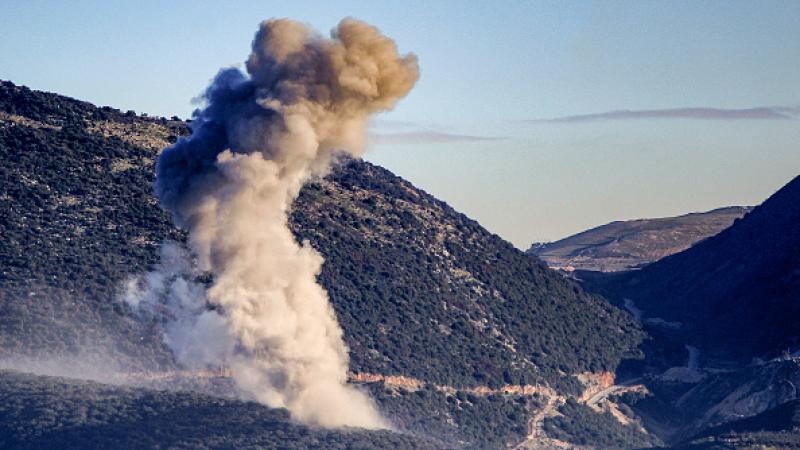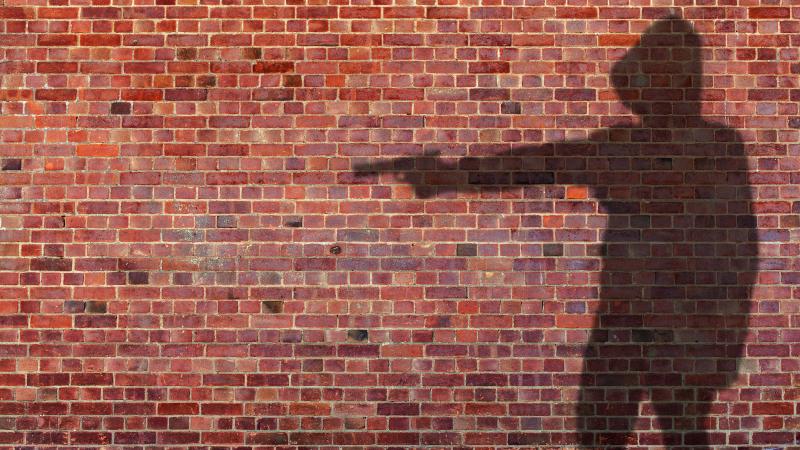Campus cancel culture prompts formation of national alumni free speech group
Yale "trap house" controversy shows need for alumni group to challenge administrators, Alumni Free Speech Alliance founder says.
Universities often reduce their alumni to pocketbooks who fund the sweeping agendas not covered by taxpayers through student loans and research grants. Some alumni want to play a larger, and potentially unwelcome, role in campus decisions.
Alumni-led groups from Cornell, Princeton, Davidson, Washington & Lee and the University of Virginia founded the Alumni Free Speech Alliance (AFSA) this week.
It cites a recent survey by the Foundation for Individual Rights in Education (FIRE) that found more than 80% of students said they self-censor on campus, in the classroom and online.
Students and faculty who push back on illiberal campus trends "often feel isolated and intimidated and do not speak up, even when they may be a majority," the group says on its website. AFSA can "provide much needed support for such faculty and students."
Even "many left-of-center professors are starting to realize that they too can be brutally canceled by the mob," the Princeton group's founders, Stuart Taylor and Edward Yingling, wrote last week in a Wall Street Journal op-ed debuting the national group.
The problem with trustees, presidents and other administrators is that most "have either been cowed by or genuinely believe in a woke orthodoxy that sees free speech as an inconvenient disruption."
Taylor, who has written books on campus kangaroo courts and admissions policies, told Just the News that AFSA does not plan to sponsor "many (if any) events or enter many campus-specific controversies" at least to start. It has no staff or money, though future plans include seeking tax-exempt status and fundraising.
Rather it will focus on persuading alumni to start campus-specific groups to promote free speech, academic freedom, viewpoint diversity and "nonpartisanship." AFSA will help them "find suitable website designers ... and handle technical stuff like incorporating as a nonprofit, applying for a tax exemption, and dealing with state regulations," he wrote in an email.
Those groups can then sponsor events, come to the aid of faculty and students "who are attacked, harassed, or canceled for challenging campus orthodoxy" and join AFSA to create a national movement, Taylor said.
"The health of the universities — and of the nation — depends on turning the authoritarian tide that now threatens the very survival of free speech and related values on campuses across the country," he declared.
'Trap house' flap
ASFA's launch is well timed to a new controversy at Yale Law School, where administrators put sustained pressure on a part-Cherokee student to formally apologize for his invitation to a "trap house" party cosponsored by the Native American Students Association.
Trent Colbert recorded two meetings with administrators who said reappropriating the slang term for crack house was racist, even though "trap house" has evolved to broadly refer to parties with alcohol. It's also in the name of a popular socialist podcast.
Associate dean Ellen Cosgrove and diversity director Yaseen Eldik implied they would imperil Colbert's bar passage if he didn't publish a Yale-written apology, and that letting the right-leaning Federalist Society cosponsor the party also threatened black and LGBTQ students.
The administration has furiously backpedaled since the Washington Free Beacon published the recordings.
It emphasized to law blogger and Yale Law alum David Lat that it doesn't investigate students for protected speech, "disciplinary" or otherwise, and its "longstanding policy" is to report only "formal disciplinary action to the Bar Association." Two law professors challenged its claims in a Free Beacon followup.
Dean Heather Gerken told the community that Deputy Dean Ian Ayres would investigate the situation beyond the "partial facts reported out in a charged media environment," the Yale Daily News reported. She would then take "any steps necessary" to protect the "mutually reinforcing" values of free speech and inclusion.
The incident shows the stark need for a Yale alumni group to push back on administrators demanding a "groveling apology for a joke that offended people who were eager to cry 'racism,'" Taylor told Just the News. If this had happened at the University of Virginia, the Jefferson Council could "lead a mass protest," perhaps with AFSA's backing.
Individual Yale alumni have tried to make a difference in recent years by running for trustee positions on free speech platforms. Earlier this year the Yale board eliminated the 92-year-old petition option they used to seek ballot access.
Those candidates, journalist Jamie Kirchick and Georgetown Law Center professor Nicholas Rosenkranz, didn't respond to queries about how groups like AFSA can play a role in controversies at Yale and elsewhere.
'Tough love'
It's not the first national group to use the power of alumni to protect the core values of liberal education. The American Council of Trustees and Alumni (ACTA) portfolio includes free speech, financial accountability, high educational standards and pushback on "progressive political activism" in the curriculum.
The formation of AFSA is a "wonderful breakthrough" for alumni, ACTA president Michael Poliakoff told Just the News in a phone interview. He noted that Taylor, a veteran D.C. legal journalist formerly associated with the liberal Brookings Institution, also serves on ACTA's board.
ACTA has long worked with alumni groups including those at Dartmouth and William and Mary, Poliakoff said, and this year it helped kill a proposed antiracism curriculum requirement and ongoing mandatory faculty antiracism training at Cornell.
What's special about AFSA is how it's "organized for outreach and networking," helping alumni to make their institutions "behave the way [they] did when they were students," Poliakoff said. Calling it "tough love," he said, "It's not grandstanding about defunding higher education."
Taylor said AFSA is "actively sharing ideas about working together" with ACTA and FIRE, which also cultivates alumni to pressure their schools, with his group perhaps taking the lead to "unite the voices of large numbers of alumni" without duplicating the others' efforts.
The Facts Inside Our Reporter's Notebook
Links
- Alumni Free Speech Alliance
- Foundation for Individual Rights in Education
- Wall Street Journal
- campus kangaroo courts and admissions policies
- recorded
- two meetings
- popular socialist podcast
- Washington Free Beacon
- David Lat
- Free Beacon followup.
- Yale Daily News
- running for trustee positions
- eliminated the 92-year-old petition option
- pushback on "progressive political activism
- proposed antiracism curriculum requirement
















